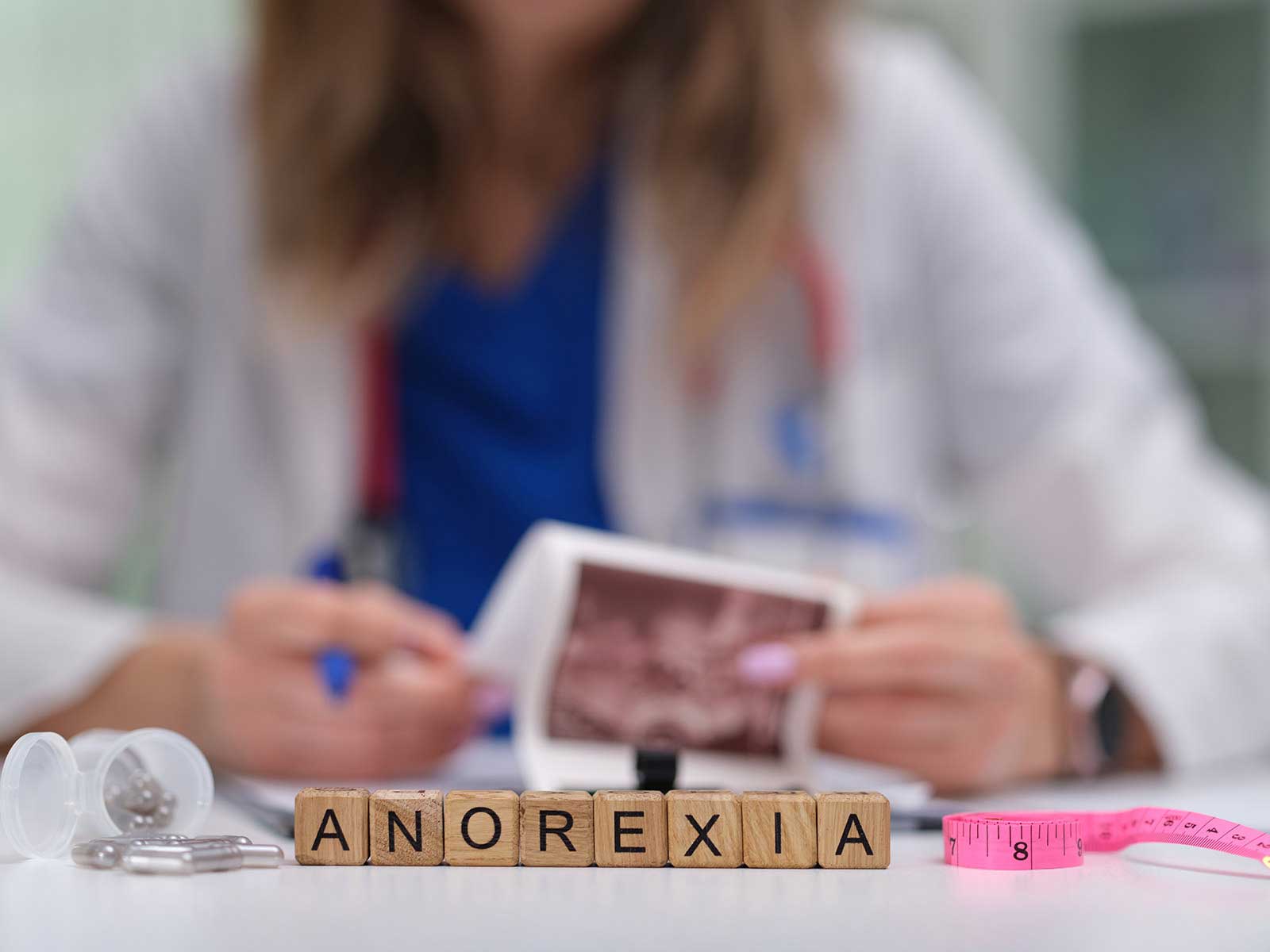
Anorexia nervosa is an eating disorder in which one limits food consumption because he or she fearfully weighs the possibility of becoming fat. Although they are underweight, they tend to think of their self image as being overweight and take extreme ways to remain thin. The medical classification of this condition as per the ICD-10 system is F50.0.
In the initial stages, anorexia is not very difficult to detect, still, observe the following signs:
The anorexia nervosa can be developed due to several factors:
We aim to establish a preventive, long-term treatment-focused specialty at GastroDoxs in Jersey Village where a multidisciplinary team of gastroenterologists, mental-health counselors, and nutritionists collaborate to design a unique evidence-based treatment plan to treat anorexia. Our mission is to heal your physical, help with your emotional, and interact with your family at all times. Providing convenient scheduling of appointments and caring services, we are ready to enter into the process of the recovery-book your appointment now.
We've successfully treated more than 1.5K patients, helping individuals improve their digestive health and overall well-being through expert, personalized care.
With over 20 years of experience, GastroDoxs has been a trusted provider of gastroenterology care, focusing on delivering the best outcomes for patients
The anorexia nervosa code with ICD-10 is F50.0.
The anorexia is accompanied by the limitation of the consumption of food and by a severe loss of weight, and the bulimia is butting by the binge and purging (excessive exercise, laxatives, or vomiting).
Yes. It can be anorexia of both languages one being boys and men.
This is a fine soft hair of the body Lanugo which may grow up when the body loses excessive weight as a means of saving heat.
Recovery time varies. There are those who have improved after some few months and others require up to a year of treatment and support.
Yes. Most of the anorexics also have anxiety, depression, or other mood disorders.
Antidepressants or anti anxiety drugs can be used to treat emotional and psychological components of anorexia.
The untreated anorexia may cause severe complications, such as cardiac disorders, loss of bone, damage of organs, and even fatal diseases.
Yes. Gastroenterologist is able to treat gastroenterological problems, lack of certain nutrients, and other health related complications associated with anorexia.
The person must obtain professional assistance as early as possible in case he or she is either avoiding food, weight loss is quick and he or she finds himself anxious about food.